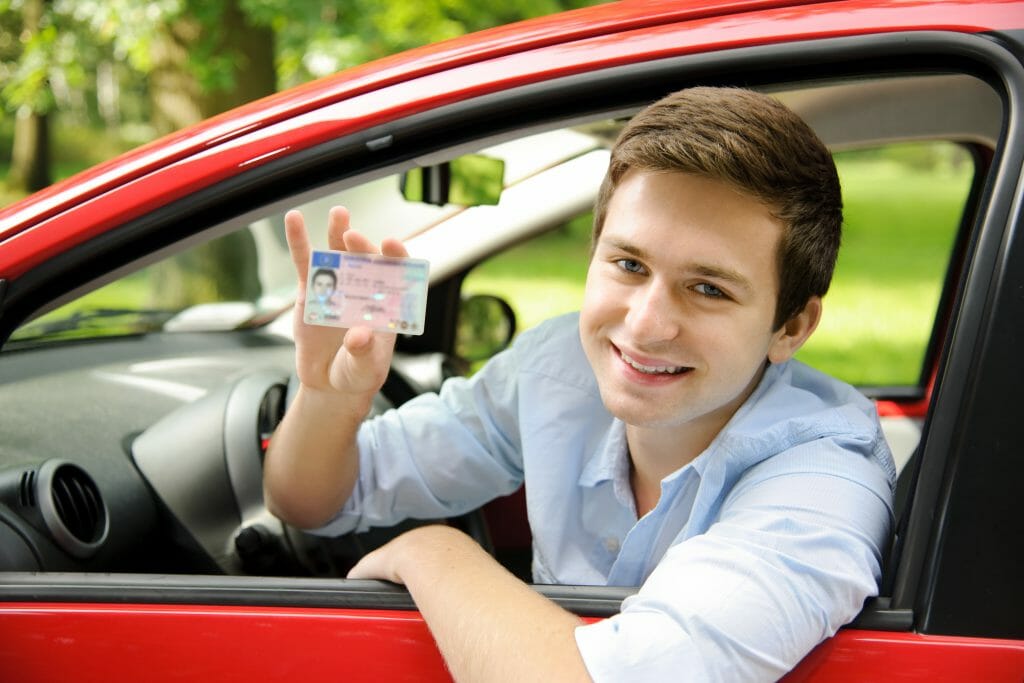Is It Fair to Use a Driver’s License as an Employment Screening Tool?

Is it fair to deny employment opportunities to people who do not have a driver’s license? Many people would say yes – for jobs that require driving. What if the job doesn’t involve driving or using a motor vehicle, though? Employers evaluate job applicants using possession of a valid driver’s license as a screening tool, assuming this divides responsible employees from irresponsible ones. This may be a flawed premise, however. For people in lower income brackets, obtaining and keeping a driver’s license is much more complicated than those in higher income brackets.
A perennial complaint in the auto repair industry is that there are not enough techs to fill the positions that are open. Are employers denying opportunity to people who might do good work only because they do not have driver’s licenses? What are some valid reasons people might not get or have a license other than poor driving or criminal behavior?
Lack of public driver’s education – Nationally, it’s much less likely that students will get their driver’s license through a public or otherwise free program than it was 30 years ago. Wisconsin, for instance, cut its funding for high-school driver’s education in 2004 because of funding. It can be very expensive to pay for private driver’s education, and poorer people may not have a car to practice their driving. This means that they are much less likely to get their driver’s licenses either in high school or later on.
Lack of access to a car – Cars are expensive, and poorer people are less likely to have access to ones that run well. In urban areas with access to public transportation, many young people will choose to bypass getting a car or a driver’s license because the barriers to entry are too high. It’s much simpler and often cheaper to rely on the bus or subway system.
Fines for minor infractions – Sixty percent of license suspensions in Wisconsin are for “failure to pay forfeitures rather than unsafe driving.” While some people are fined for illegal behavior like speeding, it’s also very possible to lose a driver’s license for failing to pay a traffic ticket for a burned out taillight. People lose their license for offenses as small as unpaid parking tickets. It’s simple to suggest that they just pay their fines and get their licenses back, but if the police choose to ticket young people for multiple infractions, the fines can be steep – and all but impossible for unemployed or underemployed people to pay.
All of the above work together to discourage poor people from getting their license to begin with. If they do get their driver’s license and then make a mistake or use poor judgment, the police are more likely to ticket or arrest them. Poor people are also less likely to be able to pay those tickets or any fines that result. Once they’ve entered this spiral of fines or punishments for not paying fines they cannot afford, it’s very difficult to exit it.
Auto shop managers do not want to hire people who do not want to work hard, who won’t show up on time or at all, or who are dishonest, but lacking a driver’s license is not necessarily proof of any of these character flaws. Young people from families with more financial resources can and do get into trouble. They speed. They act recklessly. They do dumb stuff because they are young and full of energy. The difference is that their parents can help them pay the fines or locate work to earn money to buy a car. Given this, is it fair to tell prospective employees, “No driver’s license, no job”? And does it deny opportunities to people who just want a chance at decent employment?


Responses